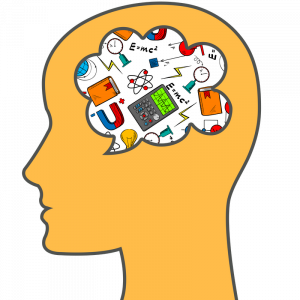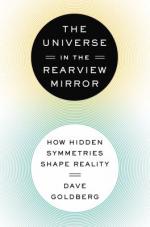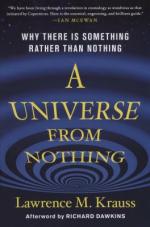October 1, 2016 | madame librarian
Richard Feynman once quipped: "Time is what happens when nothing else does." But Julian Barbour disagrees: if nothing happened, if nothing changed, time would stop. For time is nothing but change. It is change that we perceive occurring all around us, not time. In fact, time doesn't exist. In this highly provocative volume, Barbour presents the basic evidence for the nonexistence of time, explaining what a timeless universe is like and showing how the world will nonetheless be experienced as intensely temporal.
What do snowflakes, mirrors, and the universe as a whole have in common? Physicist Dave Goldberg takes readers on a warp-speed road trip guided by the notion that while randomness may seem to rule our lives, it never seems to erase an essential orderliness. Space, time, and everything in between in our elegant universe - from the Higgs boson to antimatter to the most massive group of galaxies - are shaped by hidden symmetries
pioneering theoretical physicist Lawrence Krauss explains the groundbreaking new scientific advances that turn the most basic philosophical questions on their heads. One of the few prominent scientists today to have actively crossed the chasm between science and popular culture, Krauss reveals that modern science is addressing the question of why there is something rather than nothing, with surprising and fascinating results. The staggeringly beautiful experimental observations and mind-bending new theories are all described accessibly in A Universe from Nothing, and they suggest that not only can something arise from nothing, something will always arise from nothing.
September 23, 2011 | Didi
The physics world is abuzz with news that a group of European physicists has clocked a burst of subatomic particles known as neutrinos breaking the speed of light that was calculated by Albert Einstein in 1905, according to the New York Times. Was Albert Einstein wrong to think that the speed of light was the ultimate speed? Does this mean that time-travel will become a possibility?
 Neutrino by Frank Close
Neutrino by Frank Close




 It was 100 years ago this year, in 1913, that physicist
It was 100 years ago this year, in 1913, that physicist 





